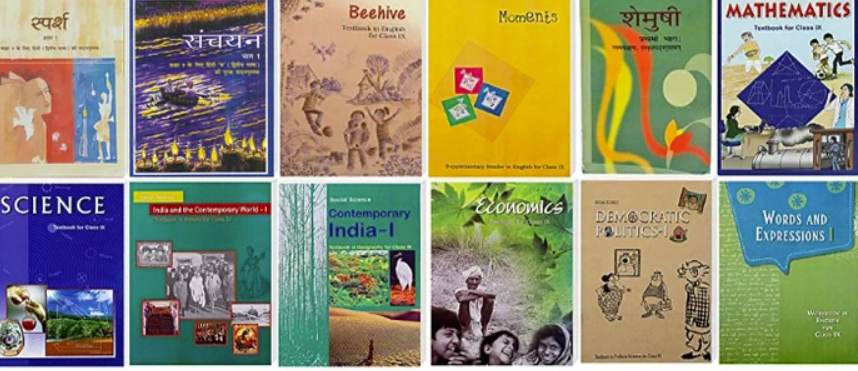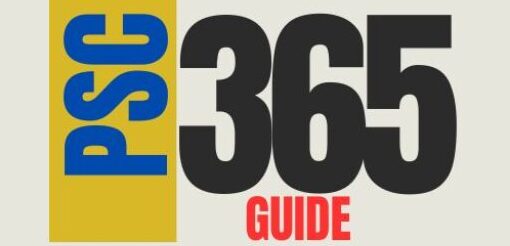Without having strong fundamentals it is impossible to crack any exam be it UPSC/ TGPSC or any other bank jobs. If your goal is crack UPSC / TSPSC then having a strong understanding of the fundamental concepts is must.

For gaining strong fundamentals you don’t need to buy 3rd party books , just stick to Textbooks of NCERT (from the 6th to 12th grade). Experts and toppers insist about reading NCERT books at least twice before going for more advanced books. Now lets stick to our topic i.e. writing notes after reading NCERT books.
The real problem isn’t just studying them, but also in making notes that are effective to aid in revision. You have write notes in a crisp manner [ bullet list ] , so during the it will become easy to revise in less time.
Here is the simple process which every aspirant should follow in notes-making and also avoid common mistakes so they can cut down on time and increase efficiency.
Why NCERTs Are Important for UPSC Preparation ?
- Simple and authentic : The NCERTs have been written using a straightforward language. So getting forward with them is as easy as falling of a log. Grasping complicated topics such as polity, economics will be way easier with strong fundamentals .
- Conceptual Foundation : They help you gain a better knowledge of the basics and can aid in studying traditional UPSC books, such as Laxmikanth as well as Ramesh Singh.
- Importance: Mains and Prelims UPSC frequently ask questions directly from NCERTs .
- Genuine Information : As NCERTs are books published by the government that provide impartial and accurate information.
Step-by-Step Guide to Reading NCERTs
1. Begin with the Subjects that are appropriate
As an UPSC aspirant you should zero in on preparation to get into the list of UPSC or TGPSC rankers. Below are the books from NCERTs you should follow.
- History Class 6-12 (especially Ancient, Medieval, and Modern history).
- Geography Classes 6-12 (physical, human as well as Indian Geography).
- Polity Classes 9-12 (democracy rights Constitution, democracy, political science).
- Economy Class 9 to 12 (economic development the macro concept).
- Science Classes 6-10 (basic sciences, physics, biology, and chemistry relevant to environments).
- Sociology & Society Class 11 and 12 (for essay and the GS Paper 1.).
2. First Reading : Skim Through
Don’t begin taking notes on your first reading, just have a glance of the topics. It wont take much time as your not making notes or trying to grasp the fundamentals.
3. Second Reading : Focus on Understanding
- Take your time reading each chapter.
- Identify UPSC-relevant parts (facts, flowcharts, case studies, examples).
- Highlight important lines using the help of a highlighter.
4. Third Reading : Begin Note-Making
In the 3rd reading you should make notes . Start writing brief using your personal words , which indirectly helps you in mains examination. You should not copy entire text from the book, that wont make any use. try to use different words and try to write it in your words. Another simple trick it Transform text to tables, bullet points or flowcharts.
Read : Best Books for TGPSC Group1
How to make Notes From NCERTs ?
Effective notes should be Short and concise, only the most important points and not the entire text. Use chapter-wise and subject-wise format. Simple to update Use bullet points, diagrams and flowcharts.
Methods of Note-Making
- Digital Notes (Evernote, Notion, OneNote, Google Docs)
- It is easy for editing and searching and then update.
- It saves time and paper.
- Excellent for rapid revisions.
- Traditional Notes (Handwritten in Registers)
- Enhances memory retention.
- It is easy to draw flowcharts and maps.
- Helpful during final revision.
Mistakes to Avoid While Reading NCERTs
Don’t attempt to remember line-by-line as a school student. Concentrate on the fundamental concepts.
Make notes after reading for 2-3 minutes. Notes that include entire paragraphs Notes should be brief Not a book. Do not skip diagrams and maps and diagrams UPSC frequently asks map-based or diagram-based questions. Refusing to revise reading a few times won’t aid; revising is crucial.
How to Revise NCERT Notes ?
- Weekly Revision Revision of what you have covered during the previous week.
- Monthly Revision Consolidate your subject-specific notes.
- Prior to Prelims/Mains Focus on only highlights and notes.
- Active Recall Test your knowledge by writing short responses without referring to notes.
How Many Times Should You Read NCERTs?
- First Reading – Understanding basics.
- 2nd Read – Identifying UPSC-related topics.
- Third Reading – Making notes.
- Fourth Reading (and beyond) – Quick revisions prior to exams.
The majority of toppers revise NCERTs at the least three or four times prior to the prelims.
FAQs on Reading NCERTs
1. Do I need to read old NCERTs or new NCERTs?
- For History, old NCERTs (by R.S. Sharma, Satish Chandra, Bipin Chandra) are better.
- For other topics, new NCERTs are enough.
2. Are there any ways to bypass NCERTs and instead go to a reference book?
- No. Without NCERTs and advanced books such as Laxmikanth or Spectrum may be difficult to read.
3. How long will it take to complete NCERTs all at once?
- On average, 3-4 months (2-3 hours daily).
4. Do I need to take notes from Science NCERTs?
- Choose only environmental-related topics and the basics; there is you don’t need to write lengthy notes.
Conclusion :
Reading NCERTs is imperative and etch this in your mind [ its only my suggestion] . Making yourself strong in fundamental concepts will make difficult subjects more understandable. The key is the use of multiple readings, selective notes, and consistent revising. Through converting NCERTs into exam-focused, short notes, students can make time for revision and increase their chance of scoring a high score scores in Prelims as well as Mains.
Therefore, begin this day beginning with the Class 6 NCERTs Start with the basics, then build and move on to higher levels. With the correct note-making technique NCERTs will be your most effective way to get through UPSC or state PSC examinations..
